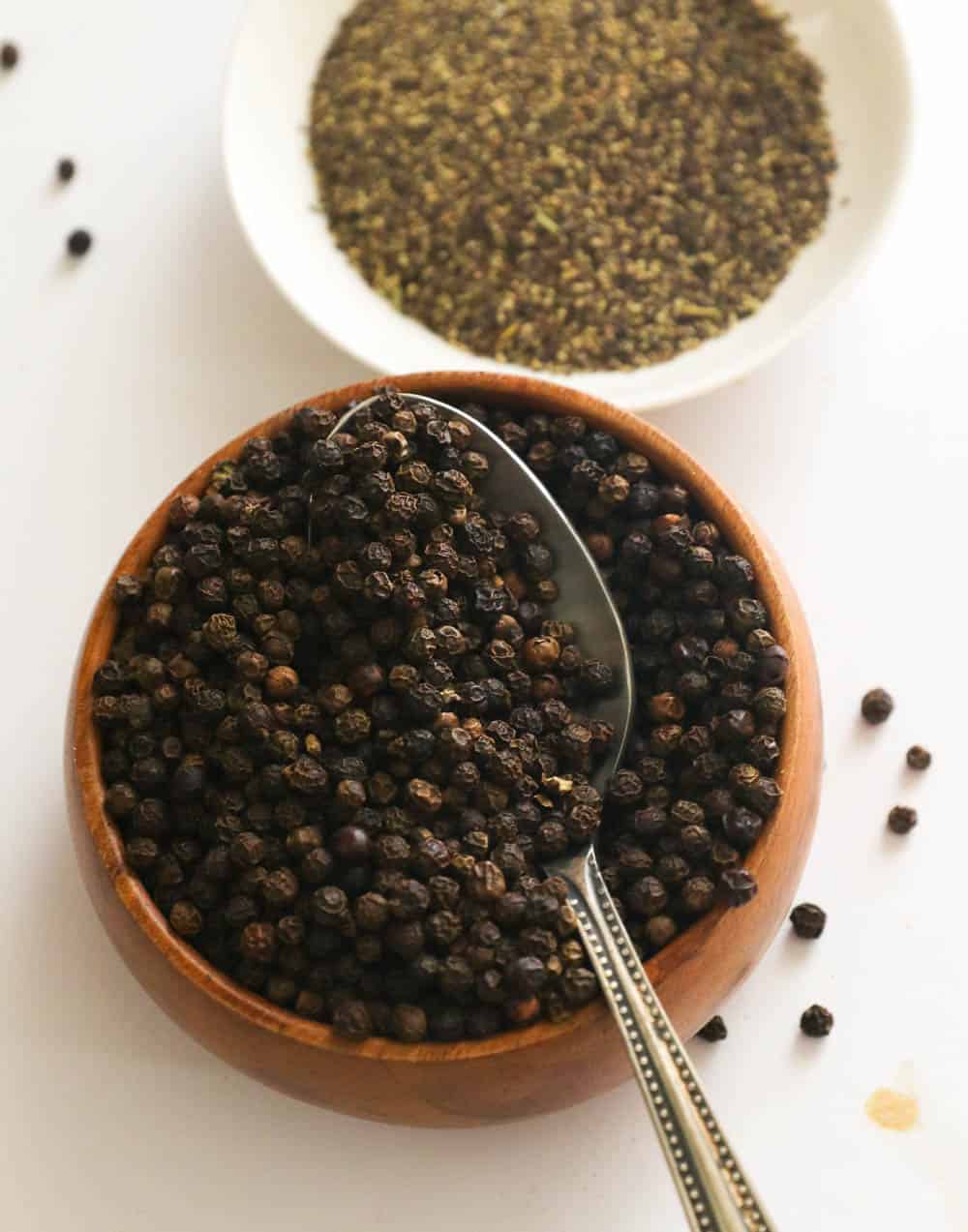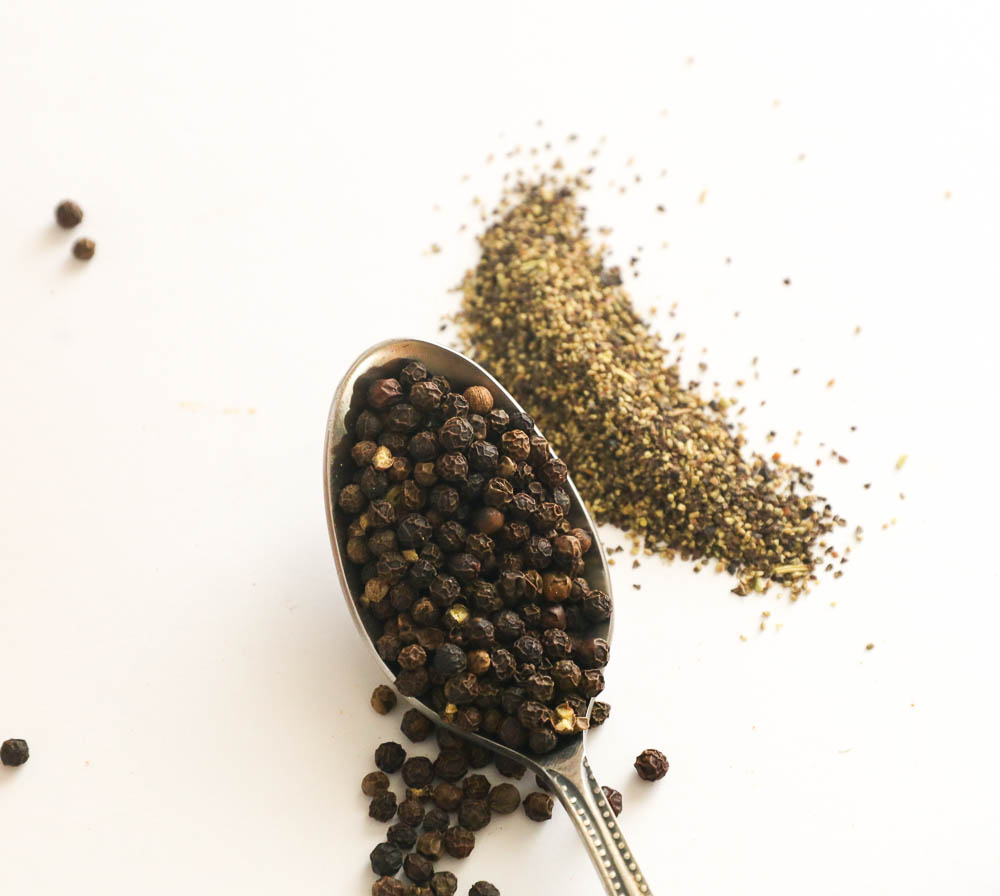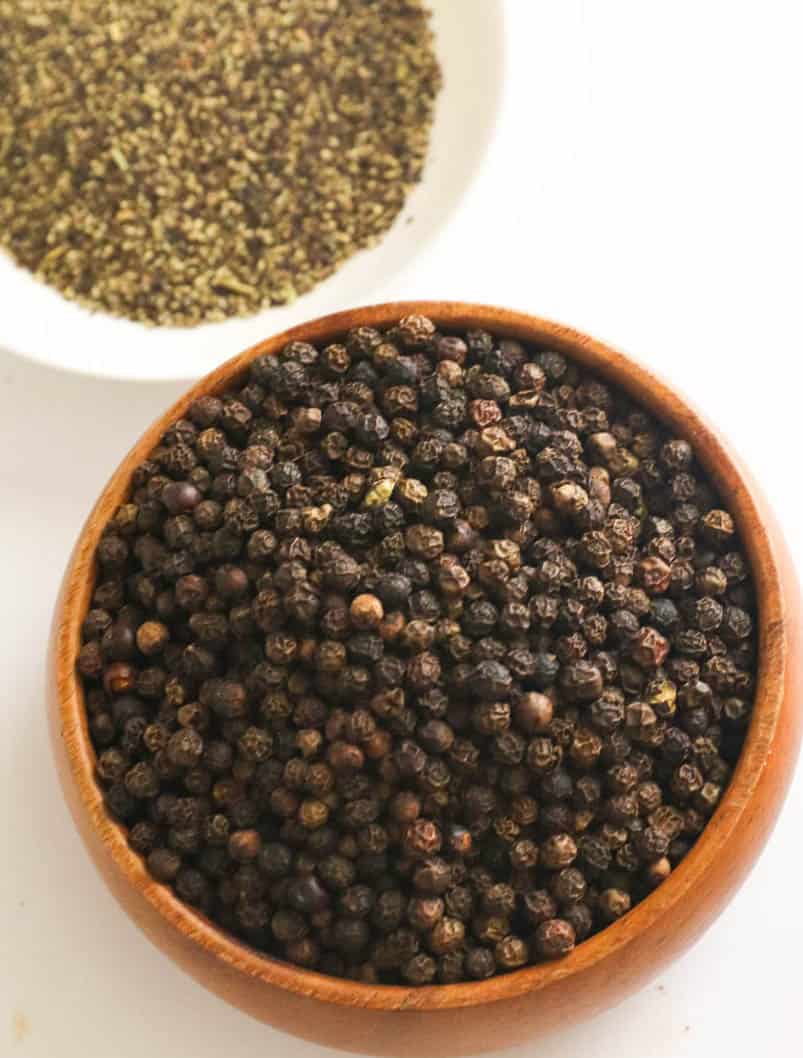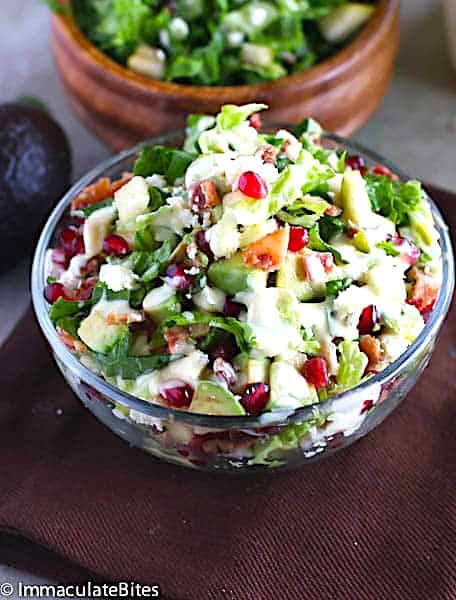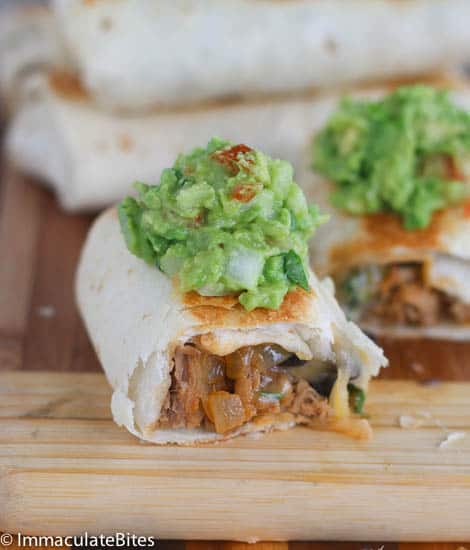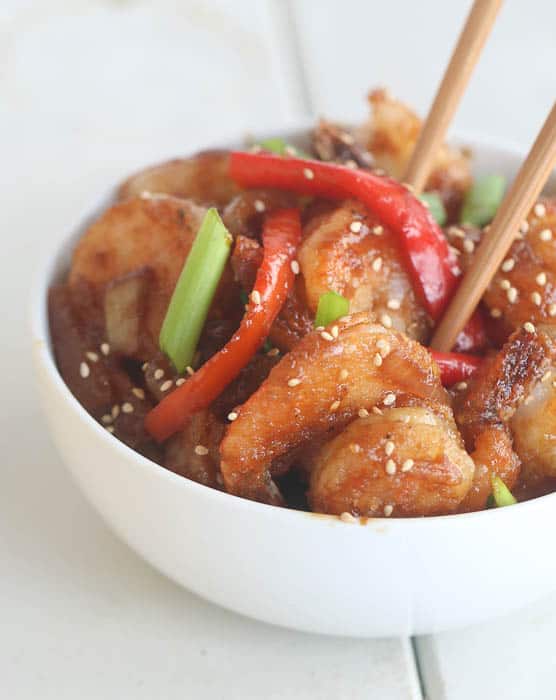Black Pepper
Black pepper is graded according to its size, meaning the larger the peppercorn, the better and stronger the flavor. Its contribution to any dish may look so tiny, but it’s grand with flavor! No wonder it’s called “black gold” and has been treasured since Ancient Egypt.
What Is Black Pepper?
It is a flowering vine from the Piperaceae family cultivated in tropical areas for its fruit, or peppercorns. It is produced from the almost ripe drupe of the pepper plant. Basically, it’s a dried drupe! Lol. The fruit dries for several days. And when it’s dried, it’s called black peppercorn. The spice (whole or ground) we know and love so well.
White Pepper vs. Black Pepper
- Black pepper becomes richer and bolder it the whole black pepper dries. The strongest flavor develops when it’s completely dry. It also has some heat to top off the pungent aroma.
- White pepper is the same berry as the black one. However, it’s picked when fully mature, fermented to remove the outer skin, and then dried. White pepper enjoys a milder flavor profile and works great in dishes you don’t want to see black specks in.
The Flavor of Black Pepper
- Pungent, earthy, hot, woody, brash—pepper’s distinct flavor pairs well with just about any savory recipe (cube steak and mushroom), and even some sweet ones. While salt helps enhance flavors, black pepper kicks the flavor up to big and bold.
- Freshly ground pepper vs. Preground pepper – Fresh is always better but not always convenient. I like having a pepper grinder. However, when preground pepper is a must, it’s best to buy it in small amounts to avoid losing its flavor.
Grading for Black Peppercorn
Peppercorns are picked from the vine just before they ripen and turn red. However, they come in different sizes. The bigger they are, the better they taste. That means that peppercorns are graded by size.
- Tellicherry is the best of the best. These extra-large berries maximize their rich fruitiness and peppercorn flavor.
- Malabar is second runnerup. So, if you can’t afford the luxury of Tellicherry, this is the next best gourmet choice.
The Benefits of Black Pepper
Besides enhancing the dish’s flavor, this king of spices offers several health benefits.
- Diaphoretic – What??? I’m not good at using fancy words, such as thermogenic and diaphoretic. This excellent spice warms your soul, but be careful because it can make you sweat.
- Anti-inflammatory – Pepper may help with all sorts of illnesses: cancer, heart disease, diabetes, and arthritis. My hero!
- Brain Food – Doctors think this incredible spice aids memory and reduces Parkinson’s and Alzheimer’s effects.
- Digestion – Topping your food with plenty of black pepper stimulates your tastebuds. This, in turn, signals your stomach to get to work. That means your body gets more out of your food. Hey, that’s a good thing! 😁
Uses and Applications
- Oral Hygiene – You can mix a little clove oil, salt, and ground black pepper for a daily mouthwash.
- Skin Exfoliant – It removes dead skin cells and stimulates circulation. Try a homemade face scrub by mixing one cup of sugar, ½ cup of coconut or avocado oil, a few drops of orange essential oil, and ½ teaspoon of ground black pepper for a glowing complexion.
- Laundry! – I love this one! Sprinkle ½ teaspoon of ground black pepper in your washing machine to increase the detergent’s cleaning power, which should keep the colors in your clothes bright.
- Natural Garden Pesticide – Mix pepper and water, then spray the mixture on the plants that insects are chewing on.
Whole vs. Ground
- Whole peppercorns, when stored correctly, will keep their flavor for a little over a year.
- Ground pepper keeps its flavor for only about 3-4 months.
- Freshly Ground for Best Taste – Dried whole black pepper gives an intense flavor to dishes like Chicken Adobo. However, it is best to grind it fresh for daily use because the oils released bring out even more flavor.
Recipes
- A dash of freshly ground black pepper is a tasty seasoning for creamy chicken pasta, fish fillet in cream sauce, crack chicken, and many more.
- It also pairs well with other healthful seasonings, including turmeric, cardamom, cumin, garlic, and lemon zest. Ooooh! Jamaican Curry and Taco Seasoning are ideal opportunities to use black pepper.
- It also gives an extra kick to this mouthwatering Maryland crab cakes recipe.
Substitutions
- White and black pepper – may be swapped for small amounts called for in a recipe. Now you can get green peppercorn that has an entirely different flavor profile.
- Dried Papaya Seeds are similar in texture and flavor to black peppercorns, so your black pepper sauce tastes just the same. And they’re free when you get a papaya. 🤩 Use a 1:1 ratio.
- Green Peppercorns are a good substitute, too. Substitute it at a 1:1 ratio. Try this tasty sub with my Lentil Soup or African Black Bean Stew recipe.
- Pink pepper, while not really a pepper, has a similar taste. It makes a great substitute, especially if you can’t handle black pepper’s spiciness. You can use it to enhance bacon, beef, chicken, and white fish- Baked Cod. You may want to add a little extra to make up for its milder flavor.
- Sichuan peppercorns can substitute black peppercorns with their unique aroma, which comprises a lemony-tangy flavor. Try it with this Spicy Roast Garlic Broccoli using the same measurement.
- Coriander Seeds can be used as a black pepper alternative when needed, just grind the seeds and use the powder to season. It has a distinct lemony taste and is perfect in this Blackened Shrimp and Pasta.
Storage
- Away from Sunlight – Store in a cool, dark cupboard, away from direct heat or sunlight to maximize the shelf life of ground black pepper.
- Year Shelf-Life for Whole Peppercorn – The whole black peppercorn can last for about a year when kept in a sealed container.
- Ground Pepper Shelf-Life – The preground version loses its best flavor after just a few months. This is precisely why you can find bottles of whole peppers with built-in grinders.

